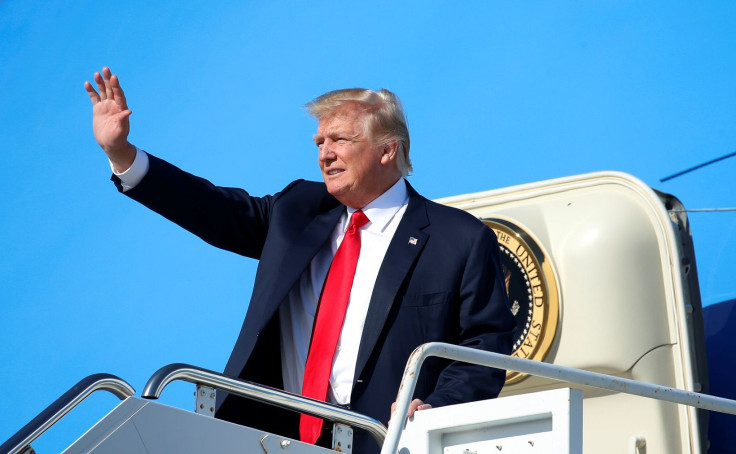How Trump travel ban 3.0 affects travellers

Part of US President Donald Trump's travel ban has been reinstated by the US Supreme Court. According to justices of the court, the travel ban would go into effect "with respect to foreign nationals who lack any bona fide relationship with a person or entity in the US.”
All other foreign nationals are subject to the provisions of the travel ban. That’s good news for those who have provable connection with the US, which are expected to include people who have prior family, school or work connections.
On the other hand, people from Iran, Libya, Sudan, Syria, Somalia and Yemen as well as those who do not have ties to the US would be barred from entry. Therefore, the decision is expected to set off a new round of court disputes over religious discrimination and anti-terror efforts.
But University of Michigan’s Margo Schlanger believes only a small group of people would be affected. “We're going to narrow it so people who have no connection to the US, they can still be banned,” he told RN Breakfast.
Trump has declared the ban would take effect 72 hours after being cleared by courts. It should come into effect on Thursday. On January 27, the first ban Trump ordered indefinitely halted accepting refugees from Syria. It had also put a blanket ban on people from Iraq, Libya, Iran, Somalia, Sudan and Yemen.
The initial ban was blocked by a judge in New York. On February 3, US District Court Judge James Robert blocked it nationwide. A revised version of the travel ban was announced on March 6. It was blocked on March 15.
Trump has issued a statement regarding the decision of the high court, saying it was a “clear victory” for national security. He added that as president, he would not allow people who want to do harm in the US. The justices of the court will hear full arguments later this year.
For Schlanger, however, it is a piece of political rhetoric. He said he does not think they are worried about the national security between now and October. "Really, it's a piece of political rhetoric to look like you're doing something without actually accomplishing much except insulting our Muslim neighbours,” ABC quotes him as saying.
Read More:
Tourism in Australia: Where it is and where it’s heading
ABS Census: What it says about Australia
BBC News/YouTube




















